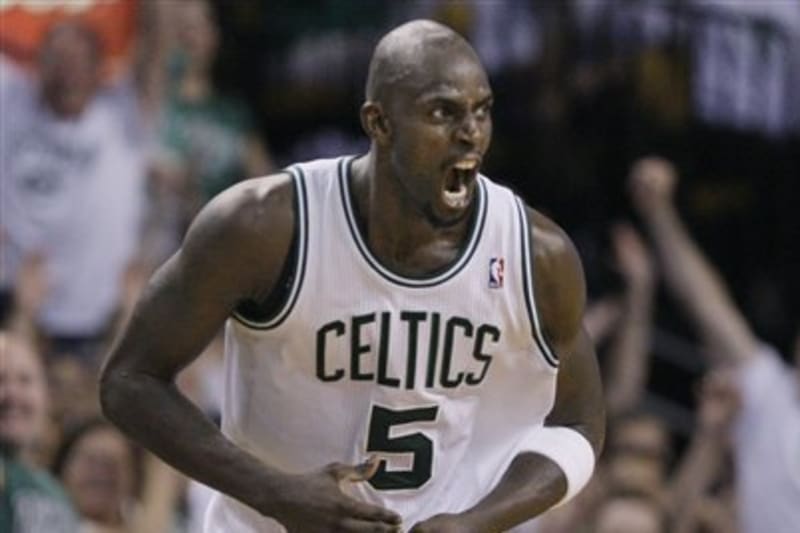A Journey Beyond Muscles: The Complex Path to Becoming an IFBB Pro
Embarking on the path to becoming a professional bodybuilder is both a rewarding and challenging journey that requires not just a significant dedication to training and nutrition, but also a deep commitment to mastering the sport’s competitive aspects.
Here’s a synthesized guide to help you navigate the complexities of transforming from a fitness enthusiast into a professional bodybuilder.
The Role of Steroids in Professional Bodybuilding
The use of performance-enhancing drugs, including anabolic steroids, has been a topic of much debate in the bodybuilding community.
While controversial, it’s important to understand the context and reasons why some athletes turn to these substances.
Performance and Recovery
Steroids are known for their ability to significantly improve muscle mass and strength (check here), which are crucial for competitive bodybuilders.
Moreover, these substances can greatly reduce recovery time, allowing athletes to train harder and more frequently, thus accelerating their physical progress.
This aspect is particularly appealing in professional bodybuilding, where the difference between first and second place can often be minute.
Leveling the Competitive Field
In professional bodybuilding, the competition is incredibly fierce.
Athletes are constantly looking for ways to gain an edge over their rivals.
Given the prevalence of steroid use at the highest levels of the sport, some competitors feel compelled to use them to remain competitive.
It’s a reality of the sport that many have come to accept, even as it prompts ongoing discussions about health, ethics, and the future of competitive bodybuilding.
Controversy and Health Implications
While steroids can offer significant advantages in terms of muscle growth and recovery, their use comes with considerable risks.
Health concerns associated with long-term steroid use include liver damage, cardiovascular issues, and hormonal imbalances, among others.
The bodybuilding community remains divided on the issue, with ongoing debates about how to balance the pursuit of peak physical form with the need for athlete safety and fair competition.
Foundation and Training
Your journey begins with building a solid foundation of muscle and strength.
This involves a comprehensive training program that balances weightlifting, cardiovascular exercises, and meticulous attention to nutrition.
The goal is to gain lean muscle mass while keeping body fat to a minimum.
It’s crucial to engage in a well-rounded routine that promotes overall physical development and prepares you for the rigorous demands of bodybuilding at a professional level.
Gaining Experience through Amateur Shows
Progressing from training to actual competition starts on the amateur stage.
Participating in local and regional amateur bodybuilding competitions provides essential experience and exposure.
These competitions serve as a practical learning ground for understanding the nuances of competitive bodybuilding, including posing, dieting, and stage presentation.
Success at this level is pivotal, as it opens the door to national-level recognition.
Achieving National Recognition and Earning a Pro Card
To transition to professional status, bodybuilders must first excel at the national level.
This typically involves qualifying for and placing well in national qualifying competitions.
Excelling in these shows can earn you a Pro Card, a critical step that signifies your eligibility to compete in professional bodybuilding events.
This achievement marks a significant milestone in a bodybuilder’s career, setting the stage for competing among the elite.
Competing as a Professional
Holding a Pro Card allows you to enter professional competitions, where the challenges and rewards are substantially greater.
At this level, bodybuilders must consistently demonstrate exceptional physique, discipline, and dedication to stand out and succeed.
Success in professional competitions can lead to sponsorships, endorsements, and the opportunity to build a brand around your bodybuilding career.
The Ultimate Goal: Qualifying for the Olympia
For many professional bodybuilders, the ultimate ambition is to qualify for the Olympia, the most prestigious event in the bodybuilding world.
Qualification requires a proven track record of success in IFBB Pro contests and a physique that meets the highest standards of excellence in the sport.
Achieving this goal is a testament to a bodybuilder’s commitment, skill, and determination.
Conclusion
The journey to becoming a professional bodybuilder is demanding and requires a blend of physical prowess, strategic planning, and mental fortitude.
From building a solid foundation and gaining competitive experience to achieving national recognition and excelling on the professional stage, each step is crucial.
With dedication, hard work, and discipline, reaching the pinnacle of bodybuilding and perhaps standing on the Olympia stage is within reach.…



 Getting your pre- K child involved in a team sport the summer before starting school, can really help with the transition between home and school.
Getting your pre- K child involved in a team sport the summer before starting school, can really help with the transition between home and school. America’s best past time is sports. Whether it be baseball, football, soccer, hockey, or even gymnastics, sports are extremely entertaining. When you’re at these games, the best songs will make it an even better experience.
America’s best past time is sports. Whether it be baseball, football, soccer, hockey, or even gymnastics, sports are extremely entertaining. When you’re at these games, the best songs will make it an even better experience.